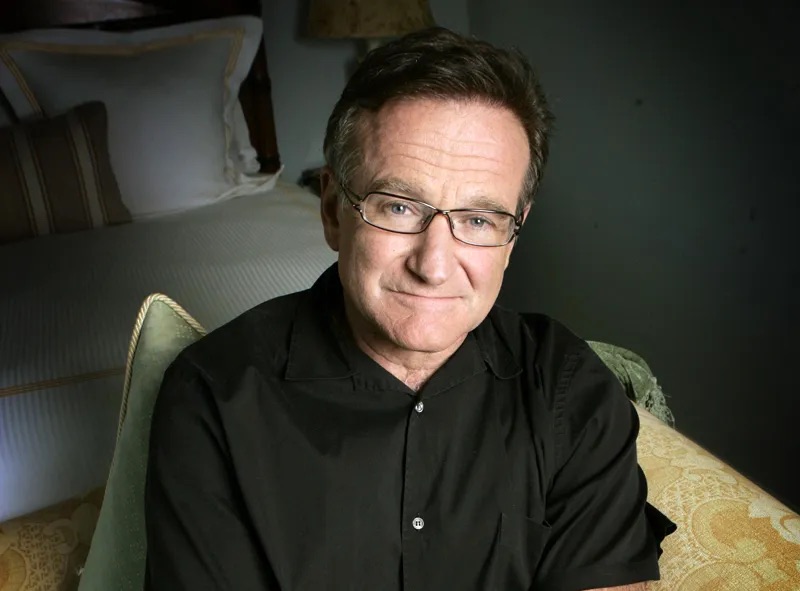Australia's landmark social media ban for children is being challenged in the nation's highest court, with two teenagers alleging the law is unconstitutional as it robs them of their right to free communication.
From December 10, social media firms - including Meta, TikTok, and YouTube - must ensure that Australians aged under 16 cannot hold accounts on their platforms.
The law, which is being watched closely around the world, was justified by campaigners and the government as necessary to protect children from harmful content and algorithms.
However, 15-year-olds Noah Jones and Macy Neyland - backed by a rights group - will argue the ban entirely disregards the rights of children.
We shouldn't be silenced. It's like Orwell's book 1984, and that scares me, Ms Neyland said in a statement.
After news of the case broke, Communications Minister Anika Wells told parliament the government would not be swayed.
We will not be intimidated by threats. We will not be intimidated by legal challenges. We will not be intimidated by big tech. On behalf of Australian parents, we will stand firm, she said.
The Digital Freedom Project (DFP) announced the case had been filed in the High Court on Wednesday. Teenagers rely on social media for information and association, and a ban could hurt the nation's most vulnerable kids - young people with disabilities, First Nations youth, rural and remote kids, and LGBTIQ+ teenagers - the group said on their website.
Led by a New South Wales parliamentarian, John Ruddick, DFP said their challenge would hinge on the ban's impact on political communication, and whether it was proportional to the law's aims.
Other measures to improve online safety should be used instead, the group argued, pointing to digital literacy programmes, the forced introduction of age-appropriate features for platforms, and age assurance technologies offering greater privacy protections.
Mr. Jones argued the government's policy was lazy. We are the true digital natives, and we want to remain educated, robust, and savvy in our digital world. They should protect kids with safeguards, not silence.
Australian media have previously reported that Google, which owns YouTube, has also been considering launching a constitutional challenge.
Though opposed by the tech companies charged with enforcing it, the ban is supported by most Australian adults, according to polls. However, some mental health advocates fear it may isolate kids and push them to less-regulated parts of the internet.


















